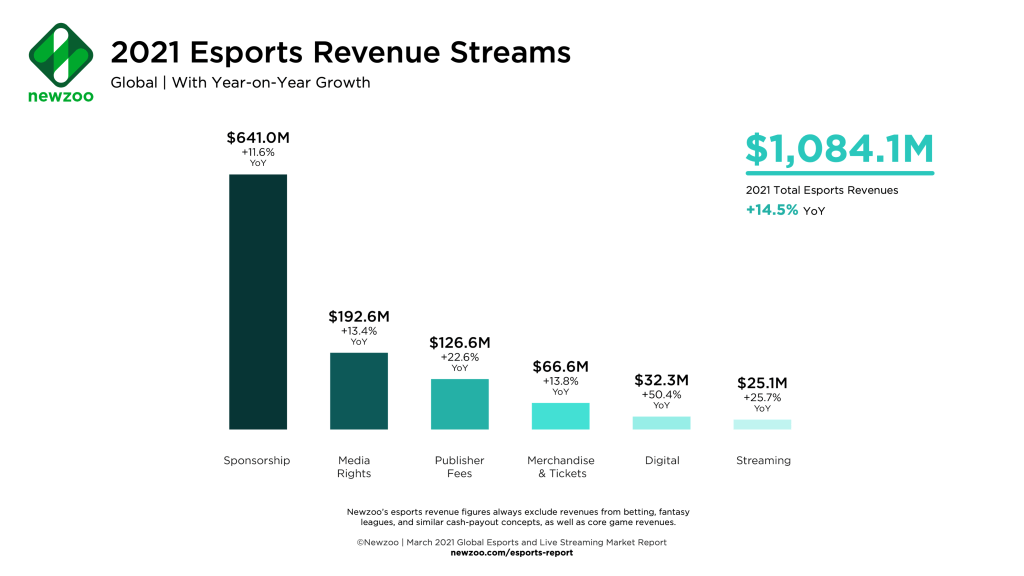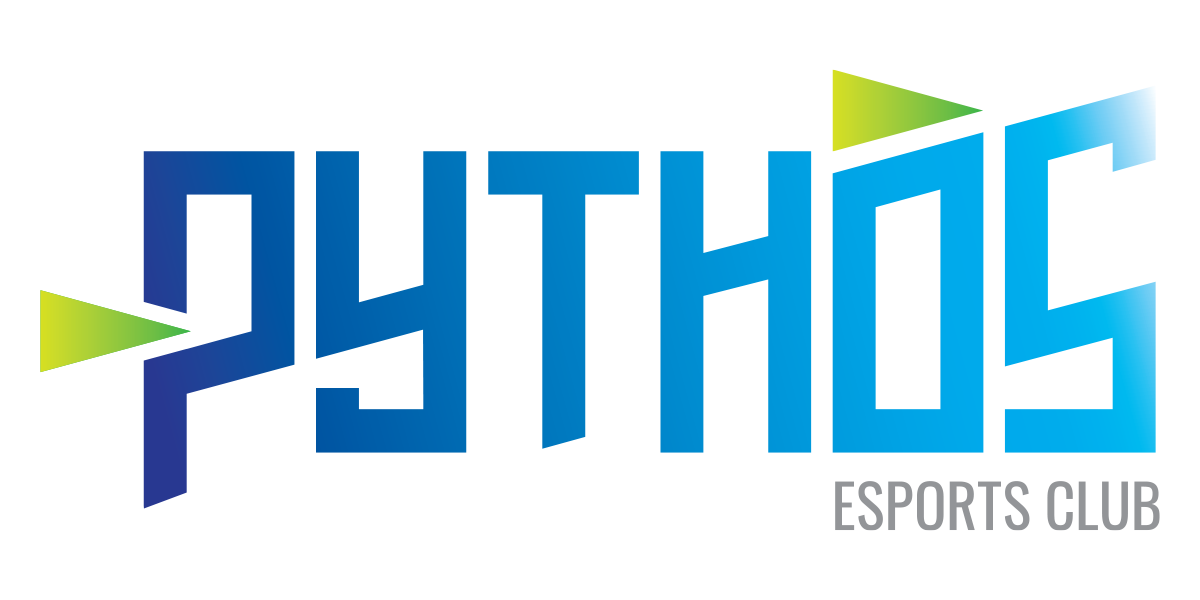26 May Nuvei on effective monetisation in esports and the appeal of cryptocurrency
In an industry as young as esports, business models are fluid. Rather than follow standard templates, there’s plenty of space for experimentation.
All kinds of esports deals are signed every day, creating new revenue opportunities. Team-owned premier leagues like Flashpoint and esports organisations sharing ownership with their most prominent influencers, as 100 Thieves did with Valkyrae and CouRage are just two examples of the latest business models that primarily monetise fan engagement.
At times, it seems that organisations are racing to see who comes up with a more ingenious way to capitalise in this relatively new segment. Yet, there are a handful of proven patterns that many of them share.

The most common revenue strategies among esports organisations
The first, and perhaps the most apparent revenue strategy, is partnership and sponsorship. According to Newzoo, 59 per cent of global esports revenue comes from sponsorship. Most countries’ governments don’t provide funding for esports teams, so for many organisations, sponsorship is the only way to bring in enough finances to achieve and maintain professional-level and operations.
Another common esports revenue strategy is merchandise. Be it apparel or gaming equipment, the vast majority of esports organisations, including the amateur ones, have their own line of customised products to sell. The demand for such goods rises with fan engagement and vice versa. Selling promotional products ultimately contributes to the growth of fan engagement, which makes it an excellent revenue model in an industry fueled by fan engagement. Some top esports organisations are opening physical stores to reach even wider audiences and partner with popular apparel brands to release exclusive collections.

RELATED: Behind Nuvei’s partnership with ESE Entertainment
Streaming and creating video content are also viable ways for organisations to generate money on the side, when combined with partnership deals and massive follower bases. Mere subscriptions and donations could hardly cover the expenses of a professional esports team, although they help sustain off-duty esports players themselves
Last but not least is the most well-known method of earning revenue in esports — cash prizes in competitions. Teams that are victorious in the biggest esports events can earn up to millions of dollars, while the victory itself usually opens a multitude of business opportunities. However, it has one basic requirement — to be really good.
From a global esports perspective, media rights (17.8 per cent) and publisher fees (11.7 per cent) are the two biggest revenue streams in the industry after sponsorship. Another important monetisation tool used primarily by tournament organisers is ticket selling, which has been completely halted due to the cancellation of in-person events amid the pandemic.
Consequently, purchases of merchandise also decreased, compared to Newzoo’s initial 2020 forecast, as many fans pick up merchandise as an impulse buy while attending physical tournaments. Up to March 2021, ticketing together with merchandising accounted for just 6.14 per cent of total esports revenue.

Is crypto the answer?
The aforementioned monetisation models seem to be working well for the industry and entities within, while the new revenue streams are evolving more or less organically with the development of technologies and media. But aside from looking for innovative business schemes, it might be time to review the old ways of doing things.
“I don’t think we should be focused as much on new ways of monetisation, as on the effectiveness and efficiency of collecting money,” said Dan Houl, Head of Esports, Gaming, Digital Payments at Nuvei, a global payment technology company.
“Our next step is to adapt the technology we have to people of today and to make sure that the fan in Japan is going to have the same experience as the fan in Cambodia, the fan in Australia, or the fan in France.”

From an organisation’s point of view, that could mean having products in its store available for anyone in the world to buy. On a broader scale, a universal form of payment for everybody involved might be another solution.
Houl believes that cryptocurrency could be the answer to the question of more effective monetisation. “In esports, most of the services from merchandise to cash prizes is in dollars, and you have Forex to worry about because people from many different countries are involved,” he said.
“We’ve all heard stories about players waiting months to get their money. The publisher or even the organisation didn’t don’t know how to pay them because they were located, let’s say in Russia, and the prize was in dollars.”
Using a digital currency in a global and wholly digital industry sounds like a fitting solution. However, for a significant portion of the esports audience, especially in countries like India or Brazil, paying with crypto couldn’t be further from reality.
“Obviously, we’re not quite there yet,” Said Houl. “Today it is still hard to tackle, but I believe that in the upcoming five to ten years, cryptocurrencies may be the next big step for the industry. It can be a more practical form of payments for all and easier to address.”
Houl’s confidence in crypto is based on the recent payment revolution. He explained: “I remember when contactless payments started being a thing. First, it was cashless, but now you can pay with your watch or your phone without actually taking out your wallet. Everyone rushed to have it because it’s exceptionally convenient. With crypto, we are heading in the same direction.
“Still more and more people are into it because it’s a sexy way of payments — young and decentralised technology — a recipe for success.”
RELATED: ESE Entertainment: Esports? You want it, we got it
Trusting payment providers
But more can be done to make monetisation in esports more efficient. There’s an enormous opportunity in creating proper regulations for esports betting, in better data collection and analytics, and most importantly, in talent nurturing and pipelines.
All of these advancements, including cryptocurrencies, are yet to mature as the esports space develops. One of the solutions already available to us, however, lies with companies that specialize in virtual transactions.
According to Houl, effective monetisation starts with effective payments, i.e. smooth and fast transactions — be it ticket selling or prize payouts. To achieve this priority, Houl suggested that companies simply trust payment providers to do their thing.
“We have the technology, the capacity and the knowledge to address small purchases, as well as big prize pools, so now it’s up to organisations, publishers, and tournament organisers to trust us,” he concluded.
 Commercial, Data, Features, Games, Insights, Interviews, Markets, cryptocurrency, Esports revenue, Esports revenue monetisation, Monetisation, Nuvei, payment solutions
Commercial, Data, Features, Games, Insights, Interviews, Markets, cryptocurrency, Esports revenue, Esports revenue monetisation, Monetisation, Nuvei, payment solutions


No Comments